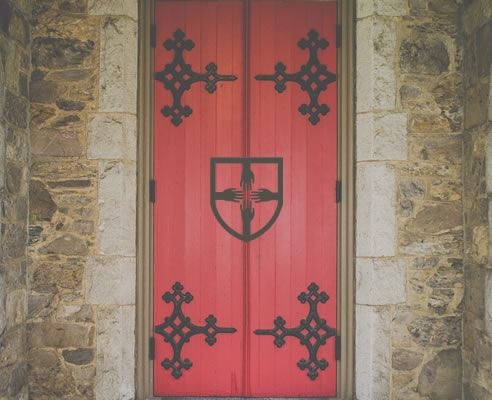So said my very good friend Howard at his annual Labor Day party, who noticed I wasn’t enjoying his special party wine. My immediate response raised the question, “Well Howard how bad does it have to be … do I need to experience 3 (not 2) DUI court appearances, or divorce at least one wife, before I do something about it?”
Howard was just speaking from the vestiges of STIGMA, the widespread view that alcoholics lived in cardboard boxes on the street rain or shine and begged for enough coins to buy a “six-pak” of the cheapest beer available. But back then, “treatment” could mean shunning, isolation, maybe confinement.
“Stigma” haunted the practicing alcoholic. It was a barrier to entering treatment of any kind. It was associated with those old hospitals for the inebriates. Even those who had achieved sobriety faced an eye of doubt and suspicion. But addicts started to emerge from all manner of socio-economic groups as our society recognized a more responsible understanding that our malady was a disease, it was treatable, sobriety could be achieved, and best of all, retained and a sense of spirituality developed.
Occasionally, a friend will ask me at social gatherings, “Say, Jim, I have a cousin who drinks a lot. What can her family do?” So, I join the many who carry AA’s message of hope.
Stigma can be a two-way problem. Often the addict is a broken person, he knows the bottom has been reached, and that the alcoholic way of life has cursed him. He’s let his family down, lost his self-respect and perhaps the material things of life. He may realize that just as his early social drinking took time and effort to progress to an uncontrollable addiction, so will it take time and effort and many changes in his way of living to reverse that lifestyle and return to a life of sobriety and a life of serenity.
He comes to know he must work the Steps, attend meetings, work with others, study the Big Book for just as alcohol was his life’s driving force, so the whole program of fellowship and community becomes his life’s driving force.
What provides the encouragement to continue growth in the Program? I believe it’s the Grace of our Higher Power -- the grace to provide a way again and again and again to each of us despite our missteps. Our Higher Power is always there -- we can reach for it countless times until we finally “get it.”
The recovering alcoholic is blessed by His Grace. Do I feel “stigmatized? Absolutely not! A problem which almost brought an end to so much is gone but His Grace was there for me to accept.
I saw a problem, accepted the Program and its teachings, and licked my addiction.
Stigma? No way.
Jim A. Traditions, Lebanon, OH
 In the early days of the Church, when the front door of the parish was painted red it was said to signify sanctuary – that the ground beyond these doors was holy, and anyone who entered through them was safe from harm.
In the early days of the Church, when the front door of the parish was painted red it was said to signify sanctuary – that the ground beyond these doors was holy, and anyone who entered through them was safe from harm.